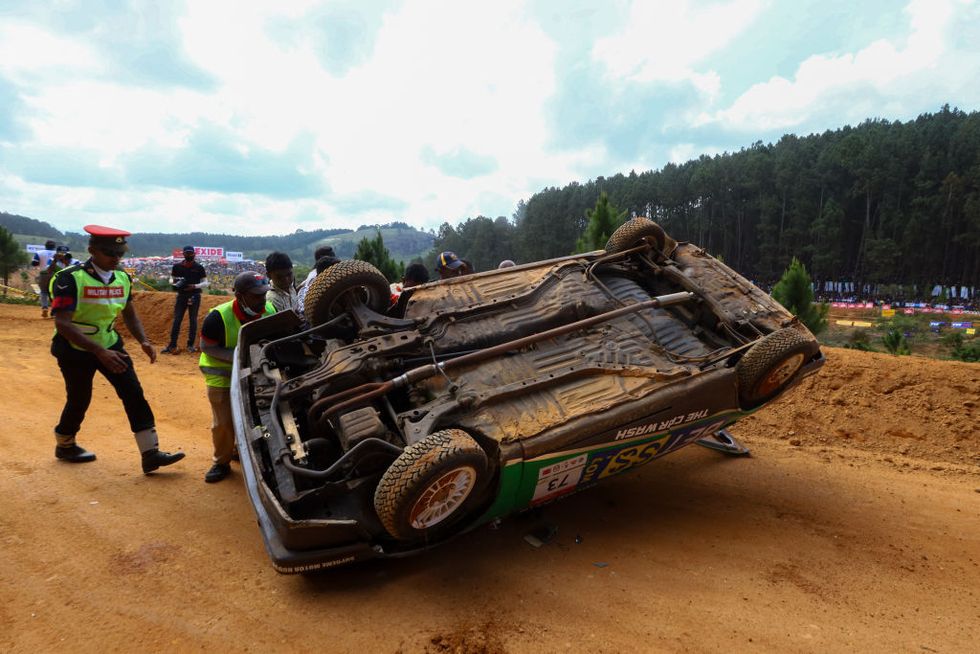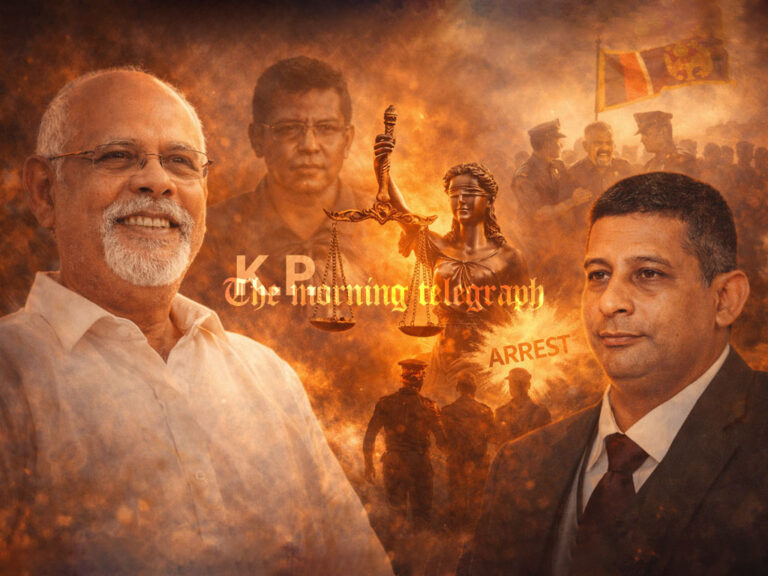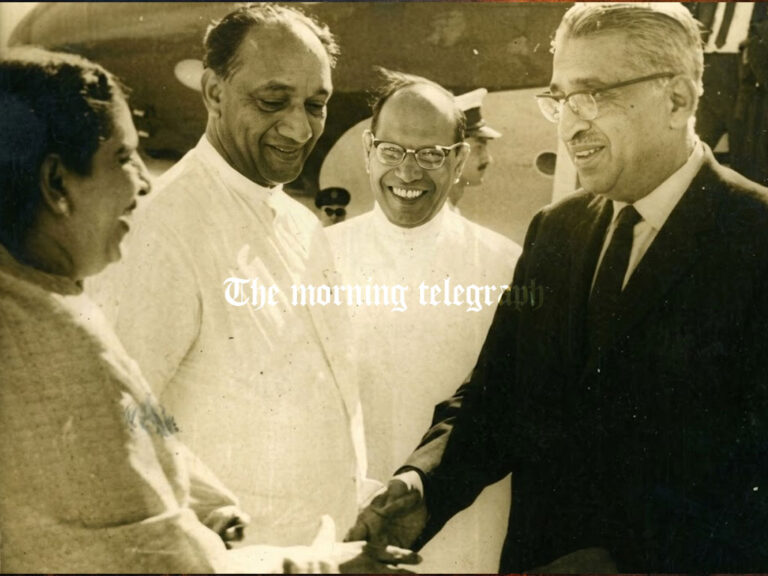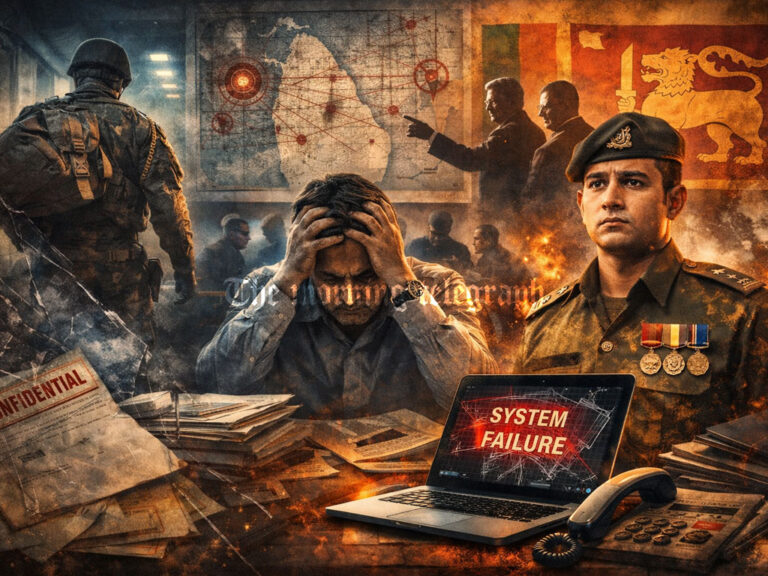
The motorsports community is reeling from a devastating incident at the Fox Hill Supercross 2024 in Diyatalawa, Sri Lanka, where a catastrophic crash resulted in the deaths of seven spectators, including a young girl, and injured 23 others. This tragedy occurred on a day that marked the fifth anniversary of the Easter Sunday attacks, and ironically, during the much-anticipated revival of the Fox Hill event after years of dormancy.
The Federation of Motorcycle Sports in Sri Lanka (FMSSL) has pointed fingers at Sri Lanka Automobile Sports (SLAS), the current event organizers, accusing them of negligence and inadequate safety measures. Shane Gunawardena, President of FMSSL, was quoted criticizing the SLAS for their “extreme laxity” which he believes led directly to the tragedy. Gunawardena also mentioned that the event had been previously managed successfully for over 20 years by the Sri Lanka Association of Racing Drivers and Riders (SLARDAR), suggesting that the new organizers lacked the necessary experience and commitment to safety.
The situation has been further complicated by internal conflicts within the motorsport governing bodies in Sri Lanka. SLAS has responded by initiating an independent inquiry, led by a senior President’s Counsel, to investigate the circumstances surrounding the accident. They urge caution in assigning blame until the investigation is complete.
Experts like Geesha Munasinghe, a veteran racing correspondent present at the scene, criticized the organization of the event, noting the lack of preparation for a race of such scale on a gravel track.
Key issues included failure to adequately water the track to prevent dust clouds, which significantly impaired visibility and safety. Munasinghe’s observations raise concerns about the competence of those in charge of the race’s logistics and their understanding of the critical safety requirements needed for such events.
The incident has not only cast a shadow over the sport but also over the entities involved, including the military, which maintains the track as part of their Academy complex. Questions are being raised about the role of the military in event oversight and whether financial incentives have overshadowed the imperative of spectator safety.
This tragedy serves as a grim reminder of the serious repercussions of incompetence and neglect by event organizers, especially in settings where the stakes are inherently high. There is a pressing need for stringent adherence to international safety standards and for experienced, knowledgeable individuals to oversee such events. The motorsport community, still in shock, now faces the task of rebuilding trust and ensuring such a disaster never occurs again, as calls increase for a comprehensive review and overhaul of safety protocols at motorsport events in Sri Lanka.




